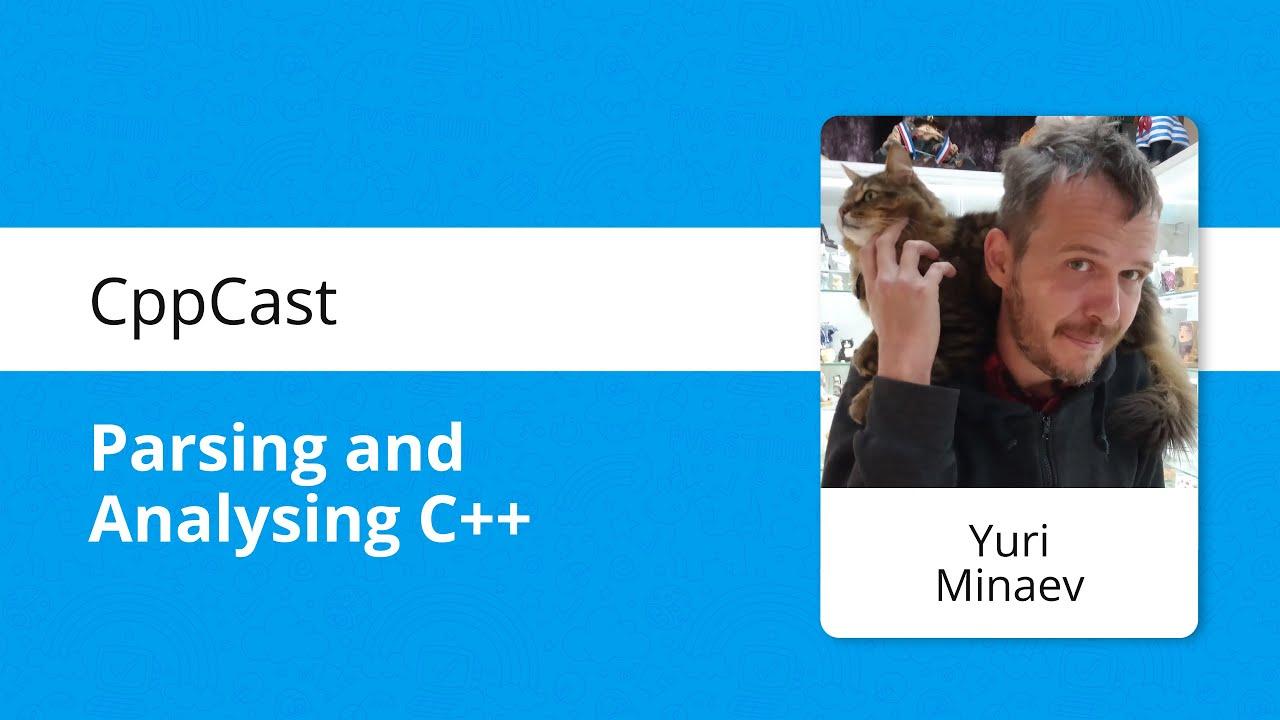1
2
3
4
5
6
7
8
9
10
11
1
Hi there! Thanks everyone who could join us on the previous talk on parsing C++.
(files.mastodon.social)
12
13
14
15
16
17
18
19
20
21
22
23
24
25
view more: next ›


